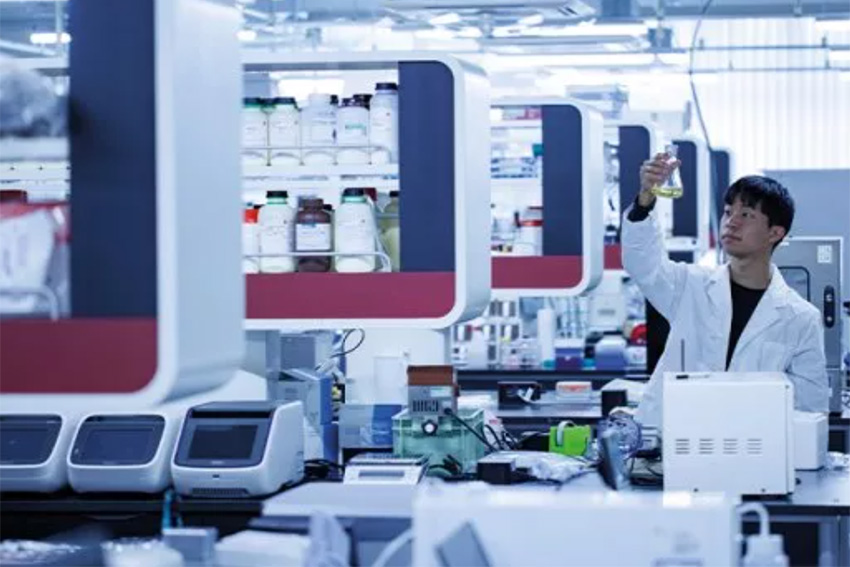Kanazawa University is helping society to meet the challenges it faces.

When Kanazawa University was established over 160 years ago, initially as a smallpox vaccination center, it set itself one fundamental goal: to contribute to society.
Today, as it implements its “Kokorozashi” vision for the future—a blueprint which translates as “Aspirations”—the Japanese higher-education and research institution is remaining faithful to that pledge. Allied with a commitment to promoting what it describes as “future-oriented intelligence,” Kanazawa University is harnessing an inclusive, international outlook as it helps Japan to navigate the challenges ahead.
Located on two campuses in Kanazawa, an academic city that is the capital of Ishikawa prefecture, the university covers a comprehensive range of disciplines, offering world-class, leading-edge facilities. These include seven flagship research centers, led by the renowned Nano Life Science Institute.
At both of its sites, Kanazawa University is dedicated to fostering a “global campus,” says its president, Takashi Wada. Not only is its international student population above the national average—at eight percent and rising—but the institution also boasts outstanding foreign researchers and faculty members. Such arrivals from abroad are attracted to Kanazawa both by the university’s elite credentials, and the advantages of living in Ishikawa. The prefecture, Mr. Wada explains, offers “traditional Japanese culture in a modern and sophisticated environment.”
Amid population decline in Japan, Kanazawa University’s readiness to welcome global students can play its part in counteracting the growing shortfall in the country’s labor market, by promoting an increasingly international workforce. “Universities’ role is to nurture creative and diverse human resources and send them out into society,” says Mr. Wada. “We’ve emphasized this diversity.”
Indeed, once overseas students have completed their studies, Kanazawa University helps them to secure employment in Japan. “Many Japanese companies are globalizing their operations, and we’ve received many job offers from those companies,” Mr. Wada reveals. “We also have a program called ‘Link KAGAYAKI,’ which offers a platform for international students to find work in Japan.”
Alongside the promotion of foreign talent, a key focus of Kanazawa University’s “Kokorozashi" vision is to stimulate the development of skills which, moving forward, humankind will depend on. For example, the institution is upping enrollment on courses that nurture expertise crucial to meeting the challenges of digital transformation. “Digital skills are essential for the future leaders of our society,” Mr. Wada declares.
Kanazawa University is also out to cultivate vital wider-world benefits from the advances achieved by its research facilities. “A center for industry-academia collaboration, the Biomass Green Innovation Center, was constructed in 2023, linking university research with industry,” Mr. Wada says. “Furthermore, a new center is under construction that will bridge research with practical social applications and start-ups.”
Ultimately, as Kanazawa University seeks to stay true to its founding mission by remaining a positive influence on the society that surrounds it, what counts is the institution’s ability to allow talent to flourish, Mr. Wada says. “We have to be a university where people are nurtured and people shine,” he concludes.
0 COMMENTS